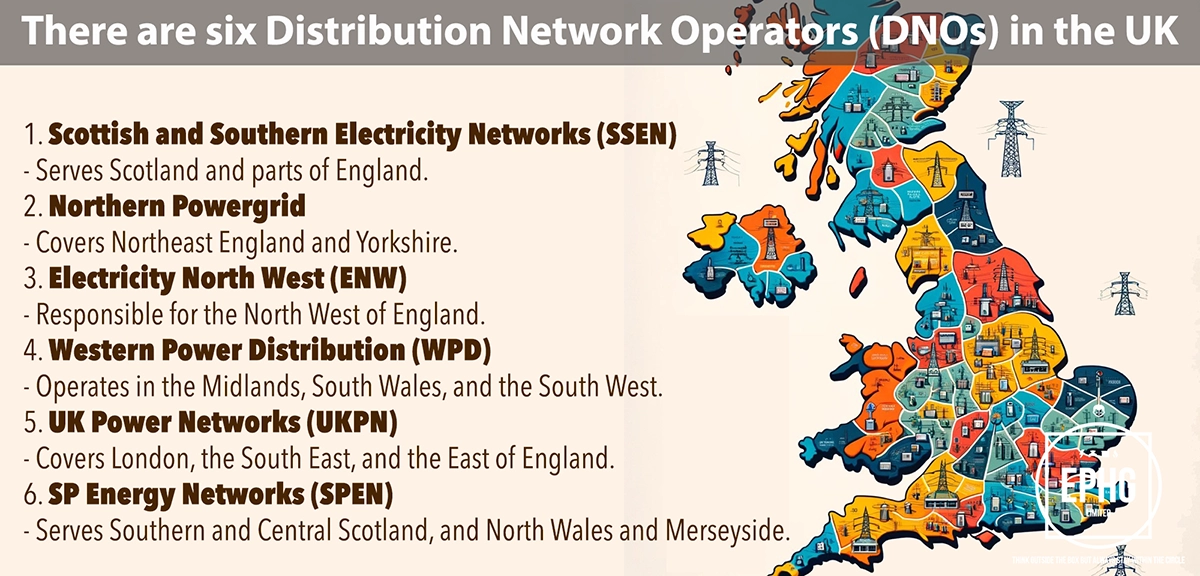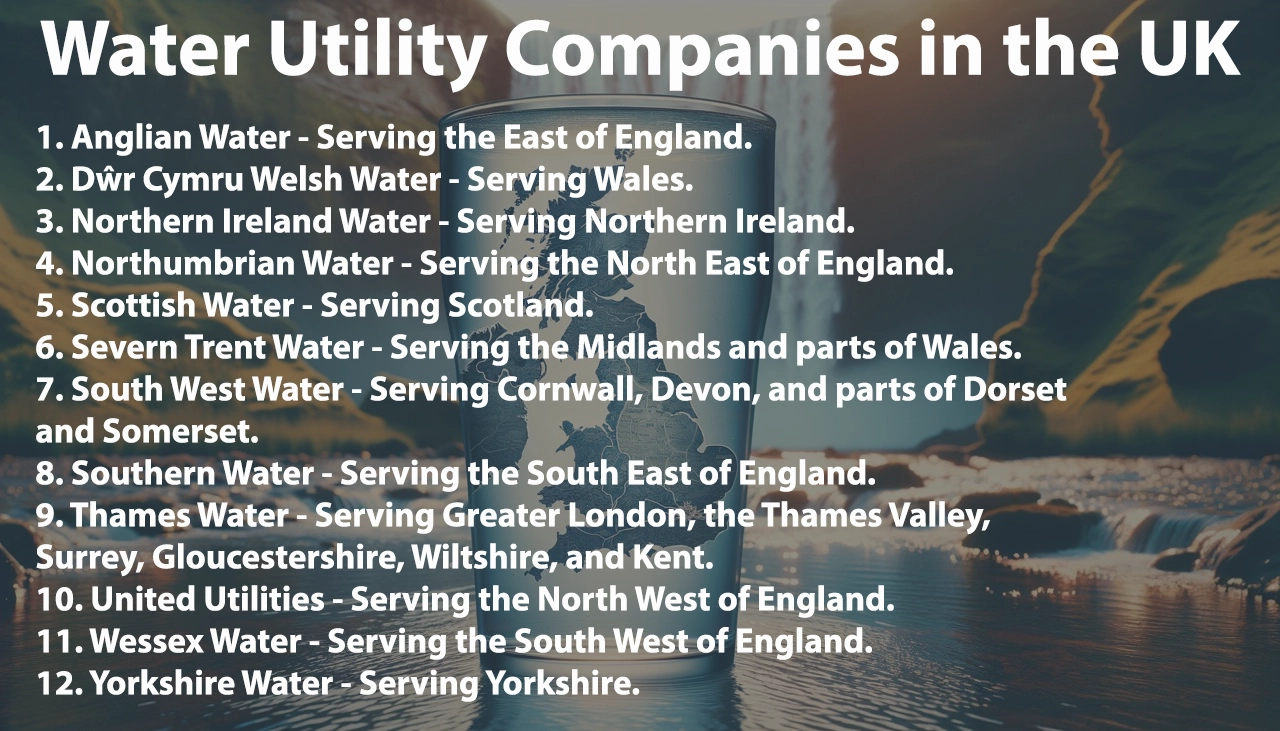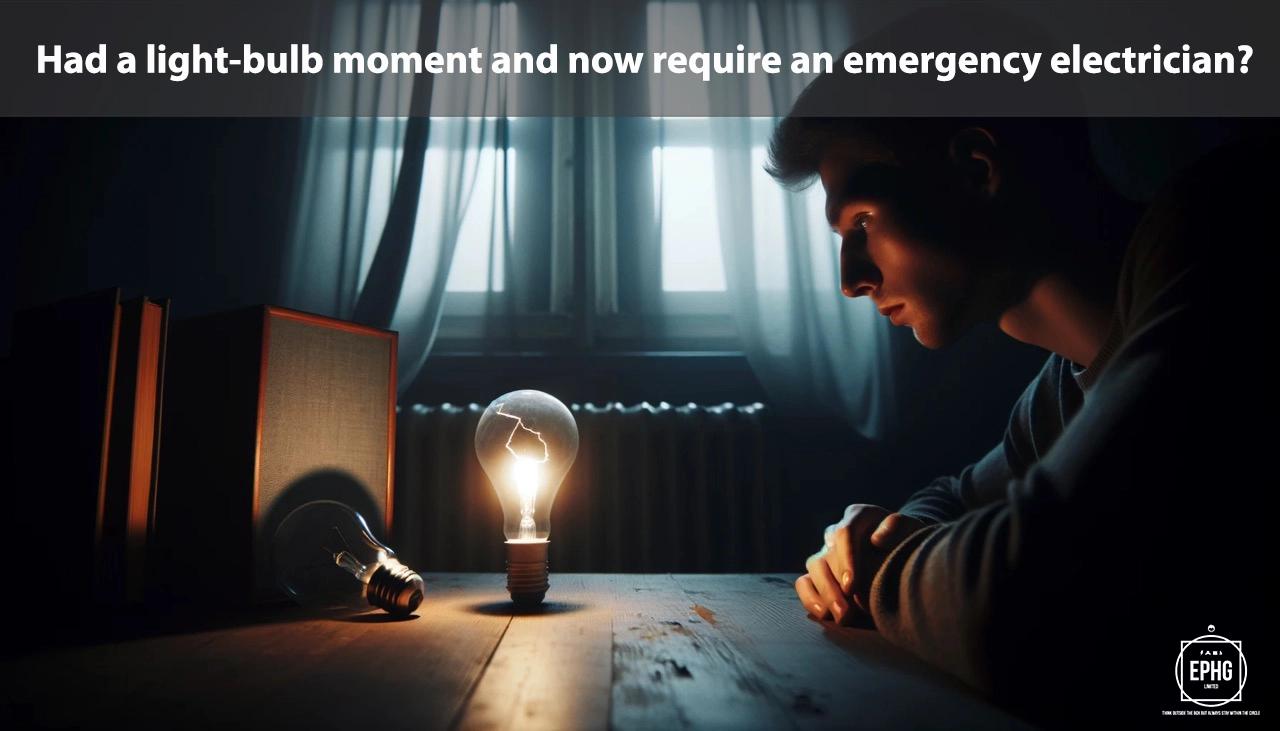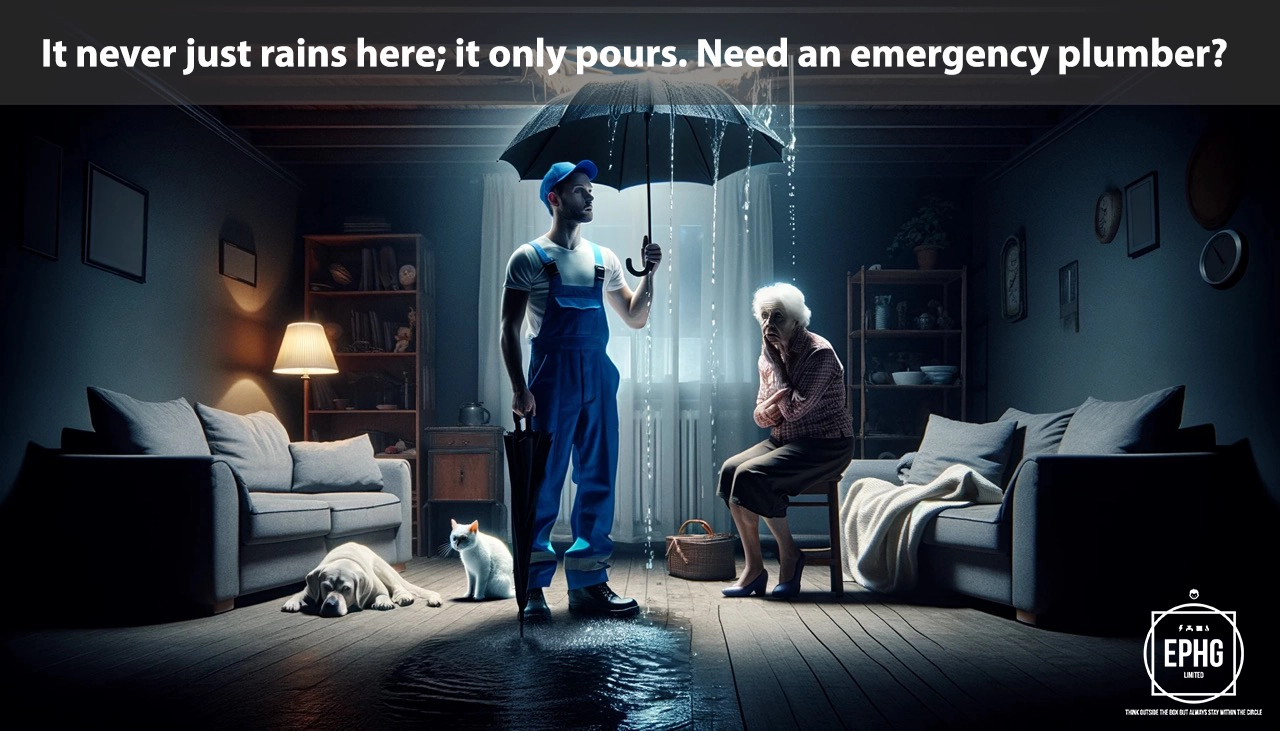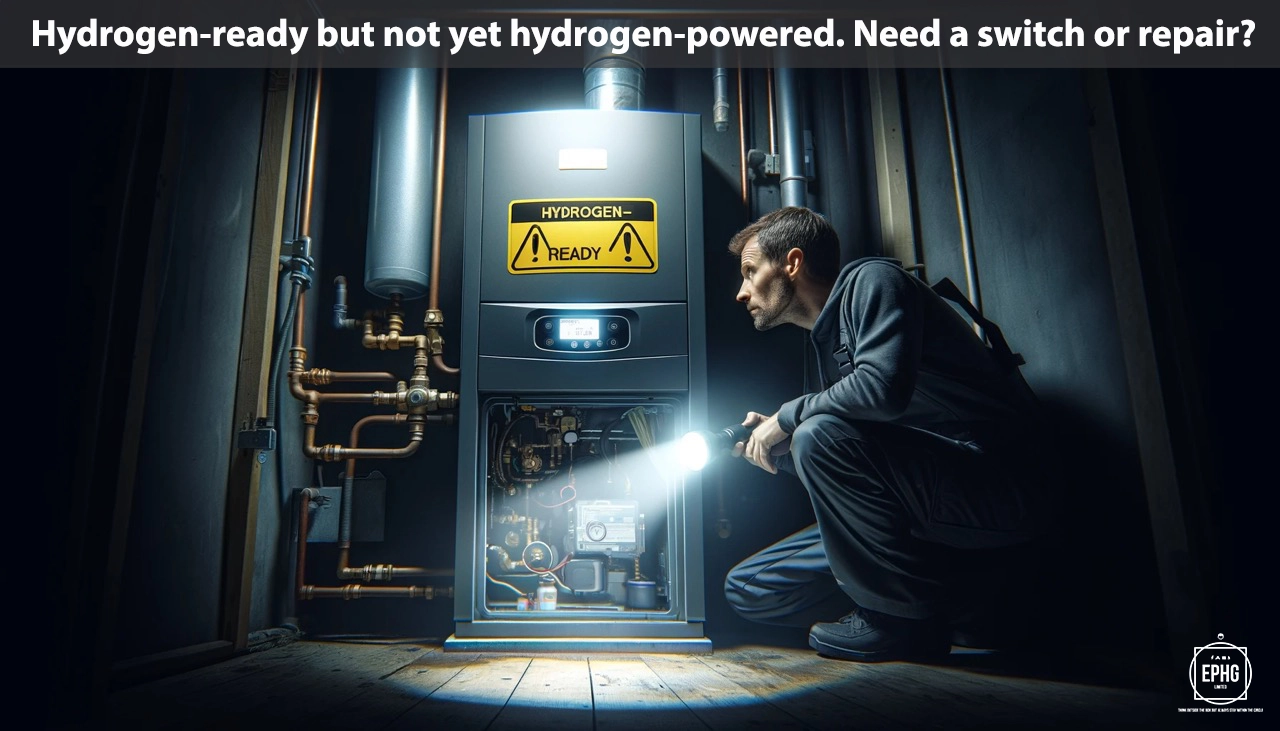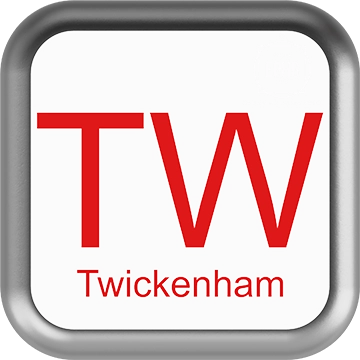
TW Postcodes for Utilities & Services
Introduction: The TW postcode area, encompassing towns like Twickenham, Richmond, and Teddington in West London, offers insights into the local utilities and services. This guide aims to provide residents and businesses with crucial information on water, electricity, and other services vital for everyday life.
Water in Twickenham
Where does the water supply come from in the TW postcode area and is there ever a shortage of water?
In the TW postcode area, water supply primarily comes from the River Thames, a crucial resource for the region, along with groundwater sources. Treatment plants ensure that water meets the highest safety and quality standards before reaching households and businesses. While the water provision is generally robust, factors such as population density, seasonal demand, and potential environmental changes pose continuous management challenges. Water companies, in collaboration with local authorities, actively manage resources and promote water-saving measures to ensure sustainability and address any potential shortages.
What is the hardness & quality of the water in the TW postcode area and can this affect your health?
The water in the TW postcode area is typically characterized as 'hard' due to the natural presence of calcium and magnesium from the River Thames and underground sources. While hard water can lead to limescale buildup in appliances, it is safe for consumption and meets all regulatory health and safety standards. Residents concerned about water hardness can use water softeners or filters to manage its effects. Despite the hardness, the water quality is continuously monitored to ensure it remains safe and healthy, with providers committed to addressing any concerns and maintaining high standards.
Electricity in the TW Postcode Area
Where does the electric supply come from in the TW postcode area and what is the future of energy there?
The electricity supply in the TW postcode area, encompassing parts of West London like Twickenham and Richmond, mainly derives from the national grid, with an increasing emphasis on renewable sources. The area is experiencing a significant transformation towards sustainability, with investments in solar energy, local microgrids, and energy-efficient infrastructures. Initiatives are also underway to explore tidal energy potential from the River Thames. The future of energy in this area is aimed at reducing reliance on fossil fuels, increasing the use of renewables, and promoting energy efficiency among residents and businesses, aligning with London's broader environmental goals.
When is hydrogen coming to gas boilers in the TW postcode area?
The incorporation of hydrogen into domestic heating systems in the TW postcode area is part of a broader national shift towards cleaner energy sources. The transition timeline is dependent on ongoing research, pilot projects, and infrastructure developments. Residents are encouraged to stay updated with local and national energy policies and consider maintaining their current heating systems while being open to future transitions. Local authorities and energy suppliers will provide necessary information and support for residents to adapt to new heating solutions as they become available, ensuring a smooth transition to greener alternatives.
Where Does the Wastewater Go in the TW postcode area?
In the TW postcode area, wastewater management is a critical component of maintaining public health and environmental standards. Wastewater from homes, businesses, and public spaces is collected and treated at advanced facilities before being safely released back into natural watercourses, primarily the River Thames. These processes ensure that the water meets or exceeds environmental standards, protecting the local ecosystem and the health of residents. The ongoing investment in wastewater treatment technologies and infrastructure reflects the area's commitment to environmental sustainability and urban well-being.
Electricity in the TW Postcode Area
Where does the electric supply come from in the TW postcode area and what is the future of energy there?
The electricity supply in the TW postcode area, encompassing parts of West London like Twickenham and Richmond, mainly derives from the national grid, with an increasing emphasis on renewable sources. The area is experiencing a significant transformation towards sustainability, with investments in solar energy, local microgrids, and energy-efficient infrastructures. Initiatives are also underway to explore tidal energy potential from the River Thames. The future of energy in this area is aimed at reducing reliance on fossil fuels, increasing the use of renewables, and promoting energy efficiency among residents and businesses, aligning with London's broader environmental goals.
When is hydrogen coming to gas boilers in the TW postcode area?
The incorporation of hydrogen into domestic heating systems in the TW postcode area is part of a broader national shift towards cleaner energy sources. The transition timeline is dependent on ongoing research, pilot projects, and infrastructure developments. Residents are encouraged to stay updated with local and national energy policies and consider maintaining their current heating systems while being open to future transitions. Local authorities and energy suppliers will provide necessary information and support for residents to adapt to new heating solutions as they become available, ensuring a smooth transition to greener alternatives.
Where Does the Wastewater Go in the TW postcode area?
In the TW postcode area, wastewater management is a critical component of maintaining public health and environmental standards. Wastewater from homes, businesses, and public spaces is collected and treated at advanced facilities before being safely released back into natural watercourses, primarily the River Thames. These processes ensure that the water meets or exceeds environmental standards, protecting the local ecosystem and the health of residents. The ongoing investment in wastewater treatment technologies and infrastructure reflects the area's commitment to environmental sustainability and urban well-being.
Regions and Services:
The TW postcode area spans across several vibrant and diverse settings, from the historic streets of Twickenham and Richmond to the quieter, scenic riverbanks of West London and Surrey. Key regions include:
- Twickenham and Richmond: Central to urban development, these areas boast sophisticated electrical and gas infrastructures within a rich historical context, surrounded by green parks and the River Thames.
- Teddington and Hampton: These towns combine modern amenities with traditional charm, reflecting their unique heritage and community-focused lifestyles. They are increasingly embracing renewable energy solutions alongside conventional utilities.
- Hounslow and Isleworth: Urban centers experiencing growth and modernization, focusing on sustainable development and enhanced utility services to support their diverse populations.

Regions within the TW Postcode
Twickenham and Surrounding Areas
- TW1: Twickenham, St Margarets, Strawberry Hill - Known for rugby, historic houses, and riverside parks.
- TW2: Whitton, Strawberry Hill, Fulwell - Suburban areas with community amenities and green spaces.
- TW3: Hounslow, Maswell Park, Lampton - Diverse urban areas with shopping centers, parks, and cultural venues.
- TW4: Hounslow West, Hounslow Heath, Whitton - Mixed residential and commercial areas with historical sites.
- TW5: Heston, North Cranford - Known for residential communities, local businesses, and accessible transport links.
- TW6: Heathrow Airport - International airport with surrounding business and hotel facilities.
- TW7: Isleworth, Osterley - Areas with historical estates, community amenities, and parklands.
- TW8: Brentford, Boston Manor - Known for waterside living, cultural sites, and industrial history.
- TW9: Richmond, Kew - Historic towns known for their gardens, parks, and scenic views of the Thames.
- TW10: Ham, Petersham, Richmond Hill - Affluent areas with natural beauty, historic buildings, and views of the River Thames.
- TW11: Teddington - Known for its community feel, riverside walks, and independent shops.
- TW12: Hampton, Hampton Hill - Suburbs with royal parks, historic buildings, and family-friendly amenities.
- TW13: Feltham, Hanworth - Areas with a mix of residential properties, shopping facilities, and green spaces.
- TW14: Feltham, Hatton - Suburban areas with accessibility to Heathrow Airport and local businesses.
- TW15: Ashford - Known for its residential character, shopping areas, and community facilities.
- TW16: Sunbury-on-Thames - A riverside community known for its leisure activities, historic sites, and parks.
- TW17: Shepperton, Upper Halliford, Charlton - Known for film studios, village atmosphere, and river activities.
- TW18: Staines-upon-Thames, Egham Hythe - Towns known for shopping, business, and proximity to the Thames.
- TW19: Stanwell, Wraysbury - Areas close to Heathrow, known for their community feel and rural surroundings.
- TW20: Egham, Englefield Green - Known for the Royal Holloway University, historic sites, and access to Windsor Great Park.
